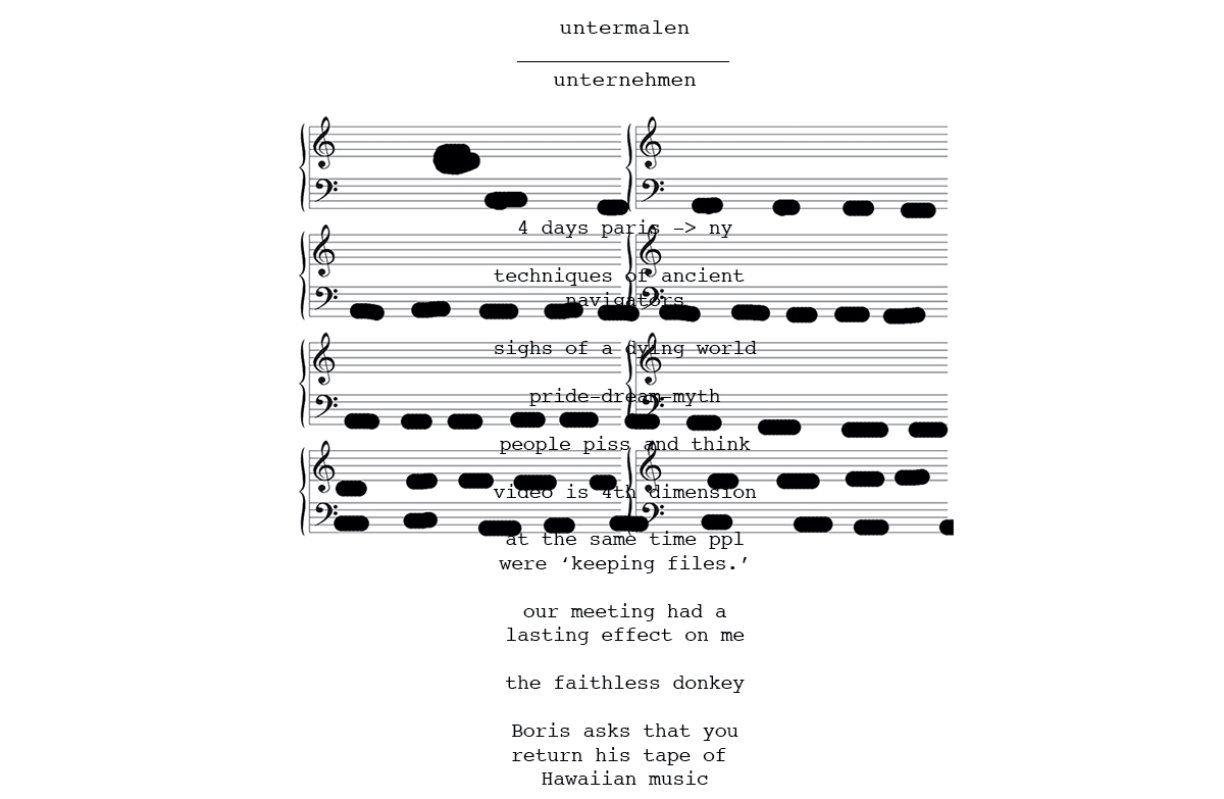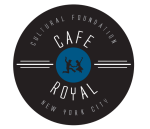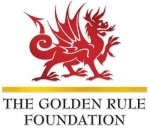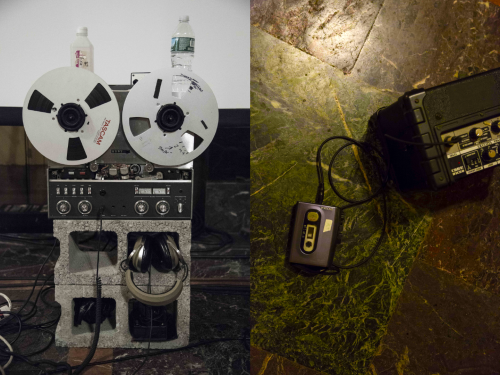Wednesday, June 17th at 8pm EST, ISSUE is pleased to stream Cher Sylvère, a new piece from musician, writer, and philosopher Rachelle Rahmé. The piece is part of the Isolated Field Recording Series, commissioning artists to produce field recordings to be streamed over the course of this challenging and isolated time.
Notes from Rachelle Rahmé on Cher Sylvère:
“Corollary: Archive, the near combustibility of the term is like a haunted instrument. The myriad source materials for this undertaking share a common position, that of orientation to the street, but the psycho-geographical position that I aimed to employ may have been a dubious one. I took to the street at a time it was deemed ‘unessential’ to do so. That alone seemed worthy of exploring. I refuse ‘art as necessary labor’ – what I aimed to make was a collection that defended the unessential; the ‘creative no’ of isolation that moves across zones and mediums.
Scholium: This project aims to see the street beyond its place of power and signs. The “point where to archives meet,” often the meeting of violent bodies, could also be the mundane. Aiming to undo the moving image’s power by not ‘chalking up’ sound to image or image to sound, the moving image is not a score in this piece. Nor is the concept of sound as ‘audio’ essential. The score demonstrates a site of signs that are transferrable without giving primacy to a single agent, place or type. It aims for all to have access to its various results and challenges to literacy. Sound intuition is a site of demonstration that abjures both space and a sign.
Proposition: The archive can turn speech from itself and welcome voyeurism. Sitting among its materials in contemplative observation is legitimate. Why do anything with the archive? Enacting the archive resists a meaning contained in any single other. Anti-communication is also transferable in the form of omissions and wandering.
Axioms:
(1) Time works in the negative. It takes away.
(2) Sound measure is the reclamation of time.
(3) The connection between the archive and synthesis is a dormancy followed by a red thread.
(4) Audio is self-selected overexposure. It implies itself and the other with an ill-fated potential for completeness that times-out.
(5) The point where two archives meet is closeness in the ideal, a momentary touching of correspondence.
(6) Perversion of the archive is voyeurism, an unavowable paparazzi.
(7) Archive is arrhythmia; its life exists in stop motion, piecemeal, grâce à la chance.
(8) Syncopation: time and beauty run parallel; beauty is always ahead, and being so incapable of action.
Proof: Even to laugh demands a degree of satisfaction with external principles. ‘O philoi, oudeis philos’ – Nietzsche uses this sibylline gesture as a method that reverses by way of invocation. ‘O,’ expresses enthusiasm, even in suspicion. Both lacking morality and remiss, posthumous Nietzsche expires but never decays, bracketing the work of this life for a chance at a future generation’s hand. The ‘crypt keeper’ brings Socrates back from the dead, while also driving him down further. The ‘decrepit man’ is this deathless Nietzsche, who presides over the Janus coin for luck. Poetic nihilism is a response to the condition of chance, acknowledging that failures have outweighed progress. It takes dishonesty as a starting point., a ‘nothing matters’ qualified by a ‘who cares?’ There is no use for sound in itself. Its confession booths sit against a silent backdrop to echo aimlessly in a space outside of the human. There use is subdued and the act is free from action.”
rachelle rahmé
june 12, 2020
If you are in a position to do so, Rachelle Rahmé has asked all donations during the event be directed to the Grow Brownsville Go Fund Me page.
Rachelle Rahmé has published poetry, essay and fiction with 72Press, Aventures Ltd., The Brooklyn Rail, VLAK magazine, The Blue Letter, and FPBJPC. Presentations of her text and sound have appeared at MOMA PS1, Outpost Artist Resources, and Roulette Intermedium. Born in Lebanon, she lives and works in Queens, NY.





